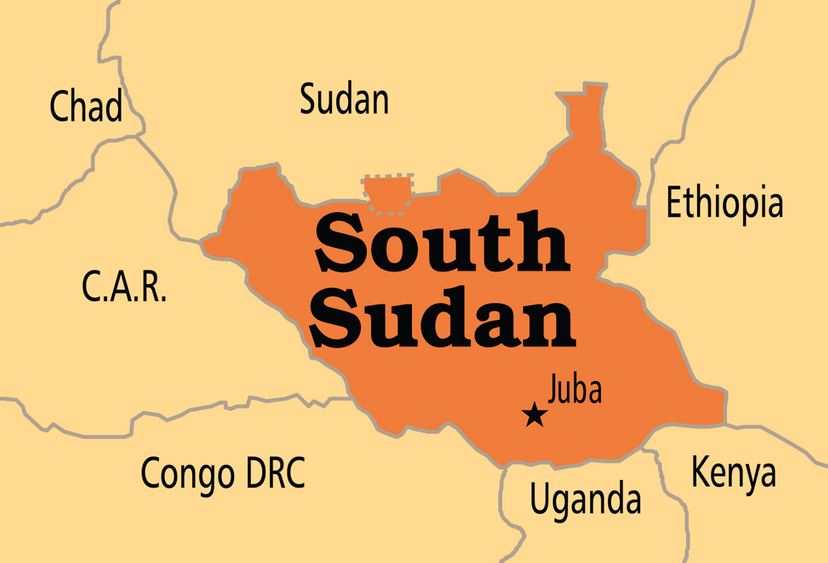
South Sudan sacks 40 overseas diplomats for going AWOL
 South Sudan said Thursday it had sacked 40 overseas diplomats for not showing up for work, some of them for years.
South Sudan said Thursday it had sacked 40 overseas diplomats for not showing up for work, some of them for years.
The foreign ministry in Juba said it had tried in vain “to engage with these diplomats who went Absent Without Appointed Leave (AWOL) over the past few months and years”, including some posted to embassies in the United States and United Kingdom.
None had replied or returned home after finishing their postings—prompting their mass firing in a terse memo issued by the foreign ministry.
“Unfortunately the ministry was left with no choice but to let these diplomats go, following fruitless attempts to convince these diplomats to return to work in Juba,” the ministry said in a statement Wednesday.
Foreign ministry spokesman Mawien Makol told AFP Thursday that the whereabouts of the absconding emissaries—whose full names were printed in a table entitled “Dismissed/Terminated Diplomat”— remained unclear.
Those listed have been removed from the payroll and formally discharged of duty effective immediately, and instructed to return their diplomatic passports and those of their family members to the nearest South Sudan mission.
Some had been posted to embassies in Uganda and Kenya, said Makol.
The statement cited South Sudan’s Diplomatic and Consular Act of 2011: “Absence from work for consecutive forty-five (45) days without permission, shall be considered a resignation.”
Makol dismissed suggestions the firings were a cost-saving exercise for South Sudan’s cash-strapped government.
Juba had closed a number of missions abroad in recent years, and staff in some embassies have complained of pay cheques being delayed.
“It is just a normal procedure and it has nothing to do with economic challenges,” Makol said.
South Sudan, the world’s youngest country, plunged into conflict in 2013, only two years after achieving independence.
The war has left 380,000 people dead and forced more than four million South Sudanese—almost a third of the population—to flee their homes.
A peace deal signed in September 2018 has largely stopped fighting, but implementation has run aground and the planned formation of a unity government on May 12 was postponed for six months.






